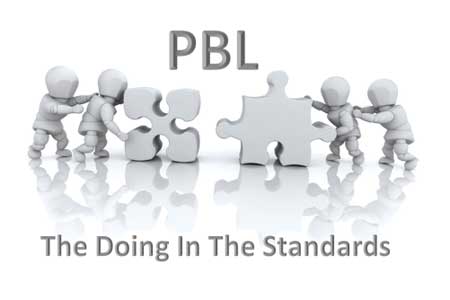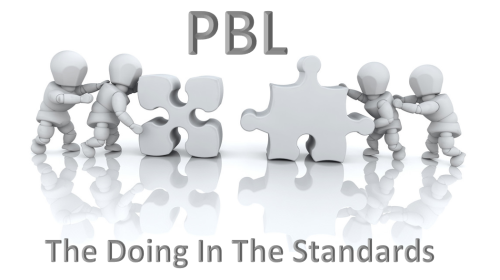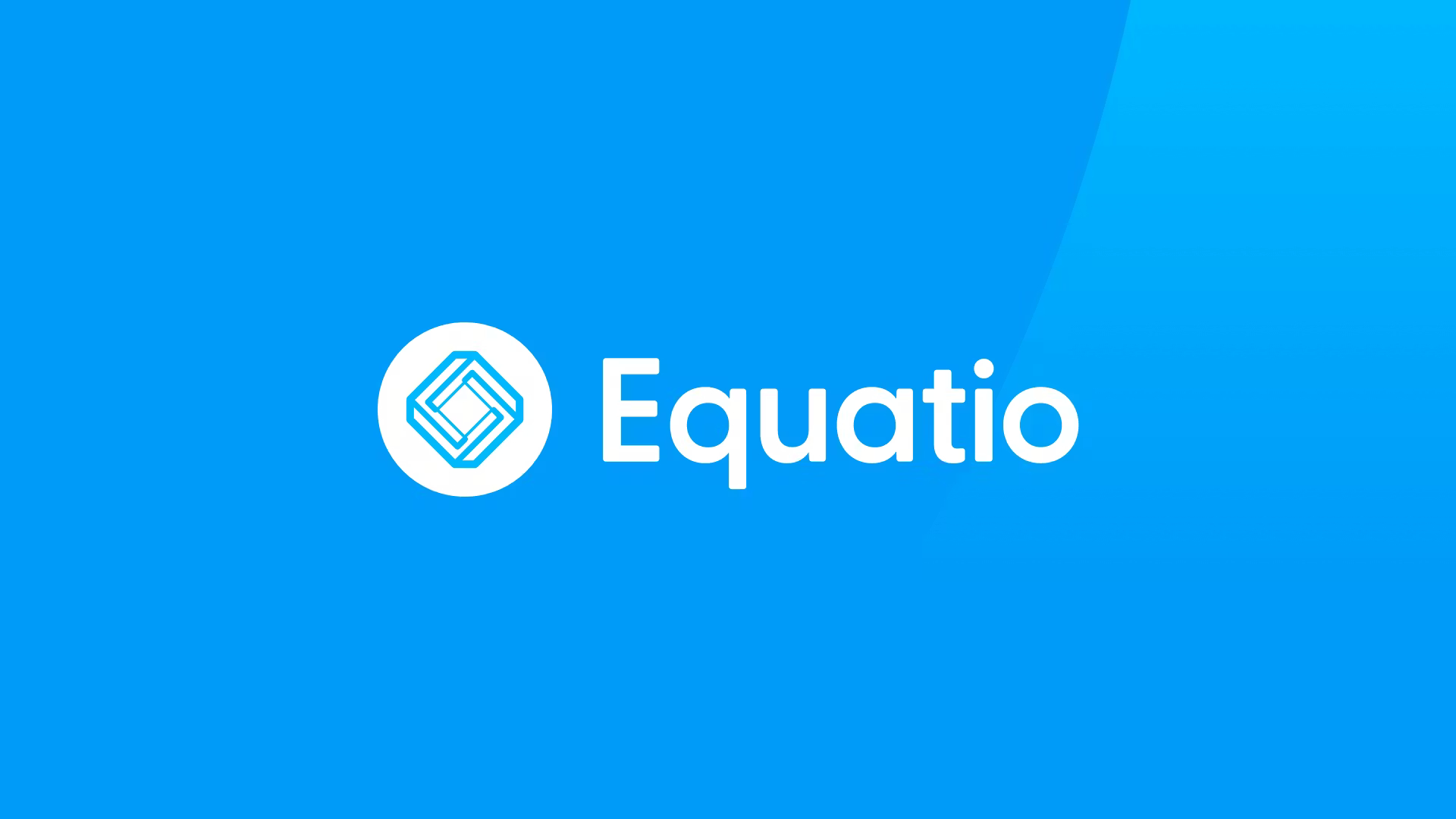10 Ideas to Ensure That Project Based Learning is Grounded in Process, Understanding, and 21st Century Skills

Welcome to the second article in a series devoted to grounding PBL in the standards. As you explore the ideas in this article I do hope you can see that our content standards provide a wonderful opportunity for our students to do, a concept at the foundation of PBL. Before reading, please take a moment to subscribe to this blog by RSS or email and join me on twitter at (mjgormans).

10 Ideas to Ensure That Project Based Learning is Grounded in Process, Understanding, and 21st Century Skills
In my workshops, I emphasize that one of the building blocks of PBL (Project Based Learning) maintains that a project must be grounded in standards and assessment. In the last post, I covered the first part of what I call PBL’s “Building Block G” (Grounded in Standards) and provided you 15 ways that content is facilitated in PBL. In this post, I would like to look at how process, understanding, and 21st Century Skills are incorporated in standards based PBL.
It is true that students do have the need to learn base curriculums that will focus on those content standards educational agencies and the community of stakeholders have determined are important. These are also those same skills that are many times tested on the standardized test, end of course assessment, and other high stake tests such as ACT, SAT, and AP. A PBL Unit of Study should focus on these in a way that allows the standards to connect to the real world and other disciplines. These standards must allow for student understanding and the development of soft skills important to future career and college opportunities. As we look at the standards with this lens, it is possible to see how students are now able to go beyond basic content acquisition. In PBL… students are provided the opportunity to do something with the standards.
Having the opportunity to do something with the standards opens the door to the ideas of process, understanding, and 21st century skills. These concepts come in different sizes, flavors, and colors. Typically, the 21st century skills represent the 4 C’s, which include critical thinking, communication, collaboration, and creativity. These four areas can be broken down to basic supporting indicators of each skill. By drilling deeper we find that collaboration goes beyond the general header of collaborating by focusing on empathy, sharing, contributing, listening to others, and so much more. Since collaboration is at the heart of PBL it should always be included and assessed. One or more of the other C’s should be intentionally included and assessed. This assessment should be done by the teacher, student, and peers. These important success skills must connect and have application to the content. As students do the content they must be provided opportunities to practice the important 4 C’s.
The process skills (actually a subset of the 4 C’s) are one of the most important pieces found in the PBL process. I often refer to this as the verbs in the standards. When one reads a standard, words such as analyze, describe, compare, critique, and so many other important verbs become apparent. These verbs have always been in the standards. Unfortunately, the era of standardized testing demoted these verbs and incorporated the idea that students memorize content. The problem of the standardized era is there was very little time to do something with the content. It is only through the process of doing that real learning occurs. In PBL we must allow student to experience the verbs that come with every standard.
When we take the time to allow students to do the verbs and practice the 21st century skills found in standards, the content standards take on a whole new meaning. Content is no longer just put to memory, it is understood. Connections are made to other disciplines and real world application. So many times, people tell me they do not have time for PBL because they must cover the standards. I think instead we must allow our kids to “do” and allow them to uncover the standards while opening a world of process, understanding, and 21st century skills. Please look at some ideas I am providing that may help educators as they take this journey of “doing with the standards” as part of PBL.
Tools and ideas to transform education. Sign up below.
- Look at the standards and discover the verbs that allow student to do.
- Allow these verbs to became authentic promoting understanding and connections.
- Incorporate authentic assessment by providing students the opportunity to demonstrate their learning.
- As the verbs are promoted, be sure to provide opportunities to further understand content.
- When incorporating the 4C’s or 21st century skills look at or reflect on possible indicators of each C. Keep in mind that collaborations is much more than just collaboration. It includes empathy, listening, sharing, contributing, and so much more.
- Make sure that the 21st century skills are being not just facilitated but assessed by the teacher, students, and peers. Check the BUCK Institute (BIE) for their 21st century skill rubrics.
- Become familiar with opportunities to include 21st century skills from P21. This is a wonderful organization that provides educators the resources to learn more about facilitating the 4C’s.
- Promote meta cognition toward the verbs, processes, and skills, by providing students the opportunity to reflect, journal, and discuss. One can gain a lot of information from the people at Habits of the Mind. This is a great place to learn about thinking.
- Promote a culture of real learning. Discuss with student the importance of owning their learning through self-regulation, choice, passion. Provide them the opportunity that learning really is a verb.
- Model real learning by showing students that the teacher does not have every answer. Students must see that adults are still doing and learning. They must experience the magic of collectively learning and doing together. Most of all, they must realize that learning is a life long skill.
Thank you for joining me and I hope you found this information something you can use in your school and useful to share with other educators. As always, I invite you to follow me on twitter (mjgormans). Please give this post a retweet and pass it on to someone who will benefit. To ensure you do not miss a future valuable post or other resource covering PBL, Digital Curriculum, STEM, 21st-century learning, and technology integration please sign up for 21centuryedtech by email or RSS. Have a great week… enjoy the Websites! – Mike (https://21centuryedtech.wordpress.com/
cross-posted at 21centuryedtech.wordpress.com
Michael Gorman oversees one-to-one laptop programs and digital professional development for Southwest Allen County Schools near Fort Wayne, Indiana. He is a consultant for Discovery Education, ISTE, My Big Campus, and November Learning and is on the National Faculty for The Buck Institute for Education. His awards include district Teacher of the Year, Indiana STEM Educator of the Year and Microsoft’s 365 Global Education Hero. Read more at 21centuryedtech.wordpress.com.
